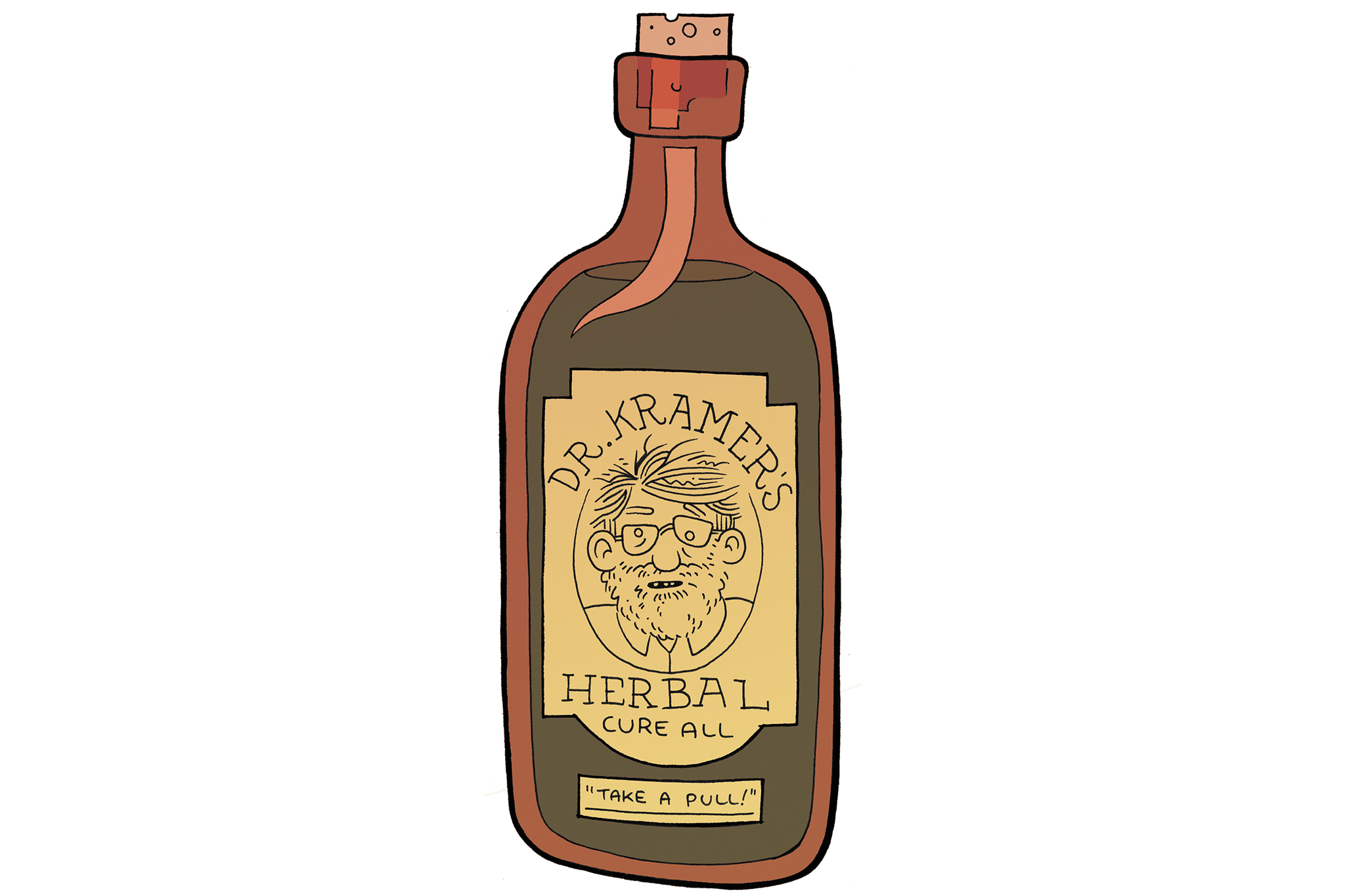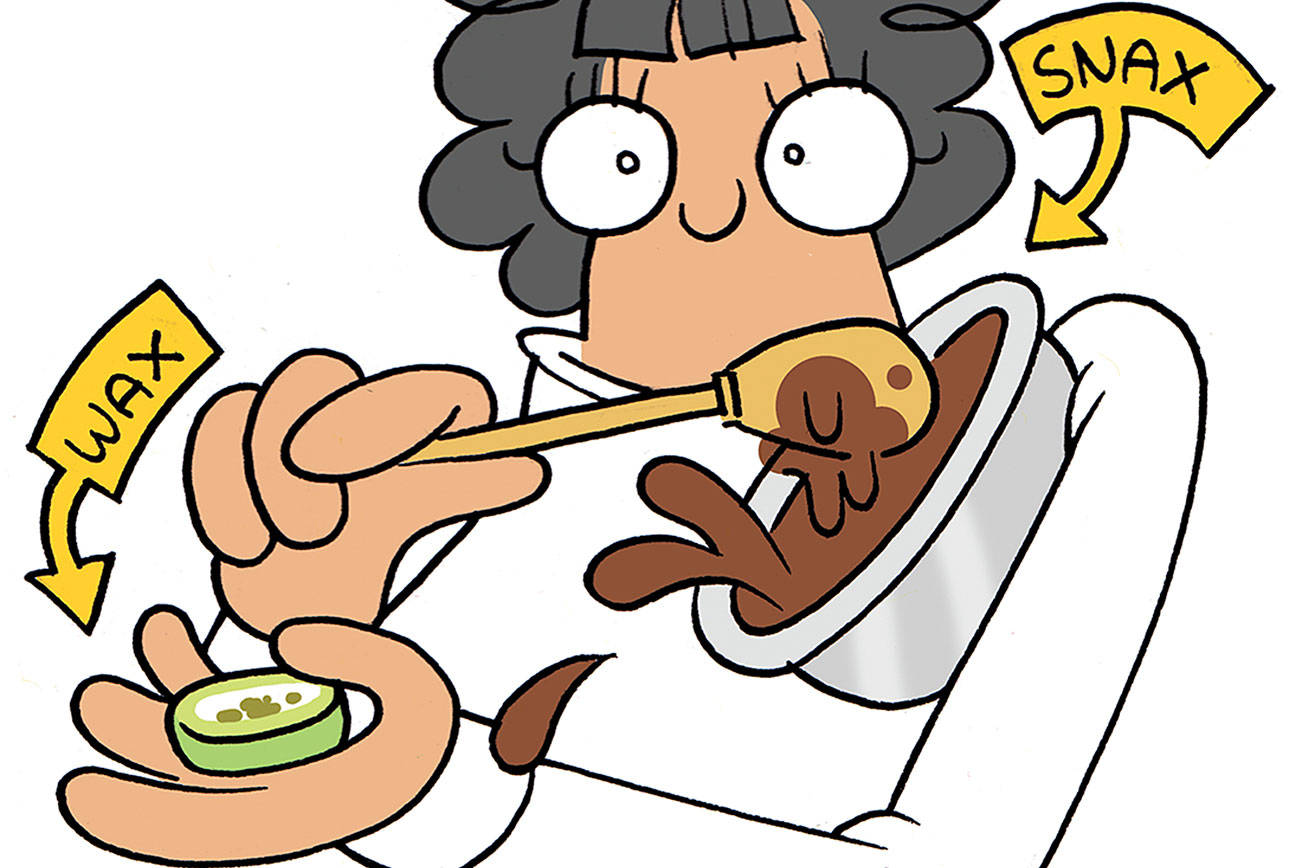Whether edibles, vaping, or dabbing, concentrates are fast becoming the go-to delivery method for many cannabis consumers. Packing a huge punch in a tiny package is only one of the many benefits concentrates offer. In this five-part series, I’ll take a closer look at this not-so-new trend, and how, in the legal era, classic techniques have been updated to yield maximum results.
If you are curious about making your own concentrates, there are thousands of tutorials online. But no matter what method you try, two factors will dictate your results: You must start with good plant material—no amount of simmering or soaking will extract more THC than what is in the plant—and you must know how to properly decarboxylate your pot. Don’t worry, it’s not as complicated as it sounds—it’s just the process of applying gentle heat to your plant material to cook off water before you begin.
This week, I’m going to start with three of the most familiar concentrates: butter, oil, and tinctures. All three are edible and extremely easy and safe to make at home.
A staple in many stoner-chef cookbooks, cannabutter is relatively cheap to make and doesn’t require any special equipment or ingredients. It is also multifunctional, working as both a topical balm and a foodstuff. Nearly anyone can make it; all you need is butter, grass, a filter, and a heat source (preferably a slow-cooker).
In the past, cannabutter was often made with “the trim”—a mix of all the leftover plant parts after the buds have been trimmed away. This practice exacerbated one of cannabutter’s few drawbacks: While it captures weed’s signature “nutty” flavor, the subtler flavors in individual strains are often lost. Another drawback is that cannabutter, which is used in several of the most popular edibles on the market, is notorious for being unpredictable in strength. Modern chefs are solving both these problems by utilizing specific strains and dialing in the very best ways to control and maintain specific THC levels to guarantee consistency.
Made much like cannabutter, canna-oil possibly goes back thousands of years. We know humans have been soaking herbs and spices in oils to extract their effects since at least 5000 BCE, so using this method has some cool cultural connections to our universal past. This concentrate was often used topically, but was, and is, a staple in many medicinal users’ diets. If you wanna be real old-school, soak your ground weed in some extra-virgin olive oil in a ceramic jar on a windowsill in the sun. With some extra techniques, like using a pressure cooker, one can acquire a significantly potent oil. As long as you are using the pressure cooker appropriately, this is a safe and easy method for the home enthusiast. Things get a little more dangerous when we add solvents, which we will talk about in an upcoming column.
Until the mid-1930s when cannabis was illegalized, tinctures were the most commonly prescribed form of medicinal cannabis. Possibly the very easiest method, all you need is cannabis, a jar or bottle with a lid, a filter, and a clear spirit like vodka or Everclear. If you care for your tinctures, keeping them out of the light and tightly sealed, they can last for years, making them one of the most economical ways to store and use cannabis. Tinctures can be added to food or drinks or just taken directly under the tongue. The cannabis flavors are almost always masked to some degree by the alcohol, so this method will interfere with your ability to enjoy the subtler flavors.
Of these three, cannabutter is nearest to my heart. As a young stoner, all the way back in the ’90s, I bought an ounce of crappy weed and made a pan of pot brownies. I ate two and slept for 16 hours straight. When I awoke, I cut all the brownies into tiny pieces and passed them out to friends and neighbors, effectively getting my whole apartment complex super-high. Since then, the Satanic Brand Brownies have become a standard birthday present to the special stoners in my life. MEAGAN ANGUS
stashbox@seattleweekly.com







